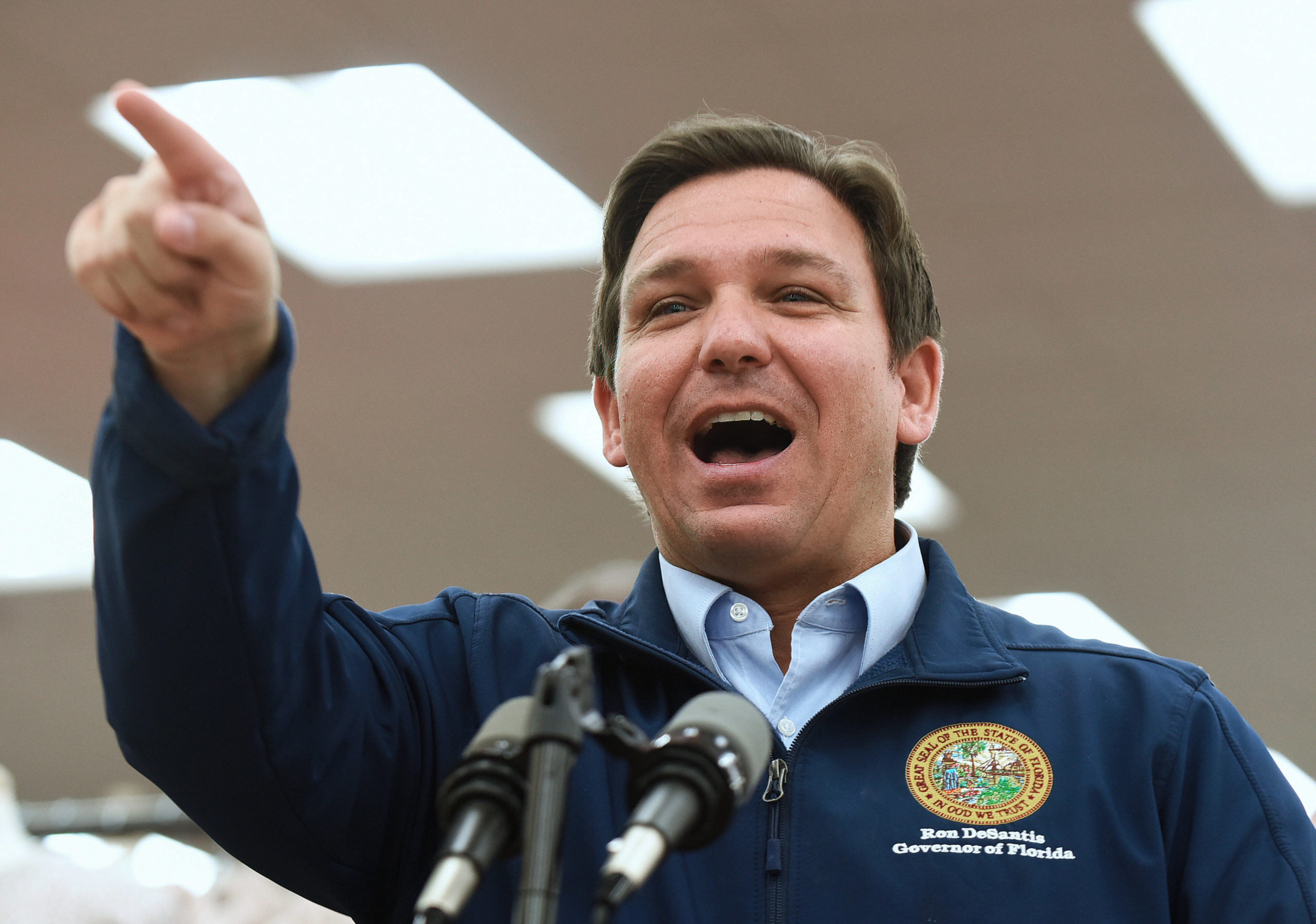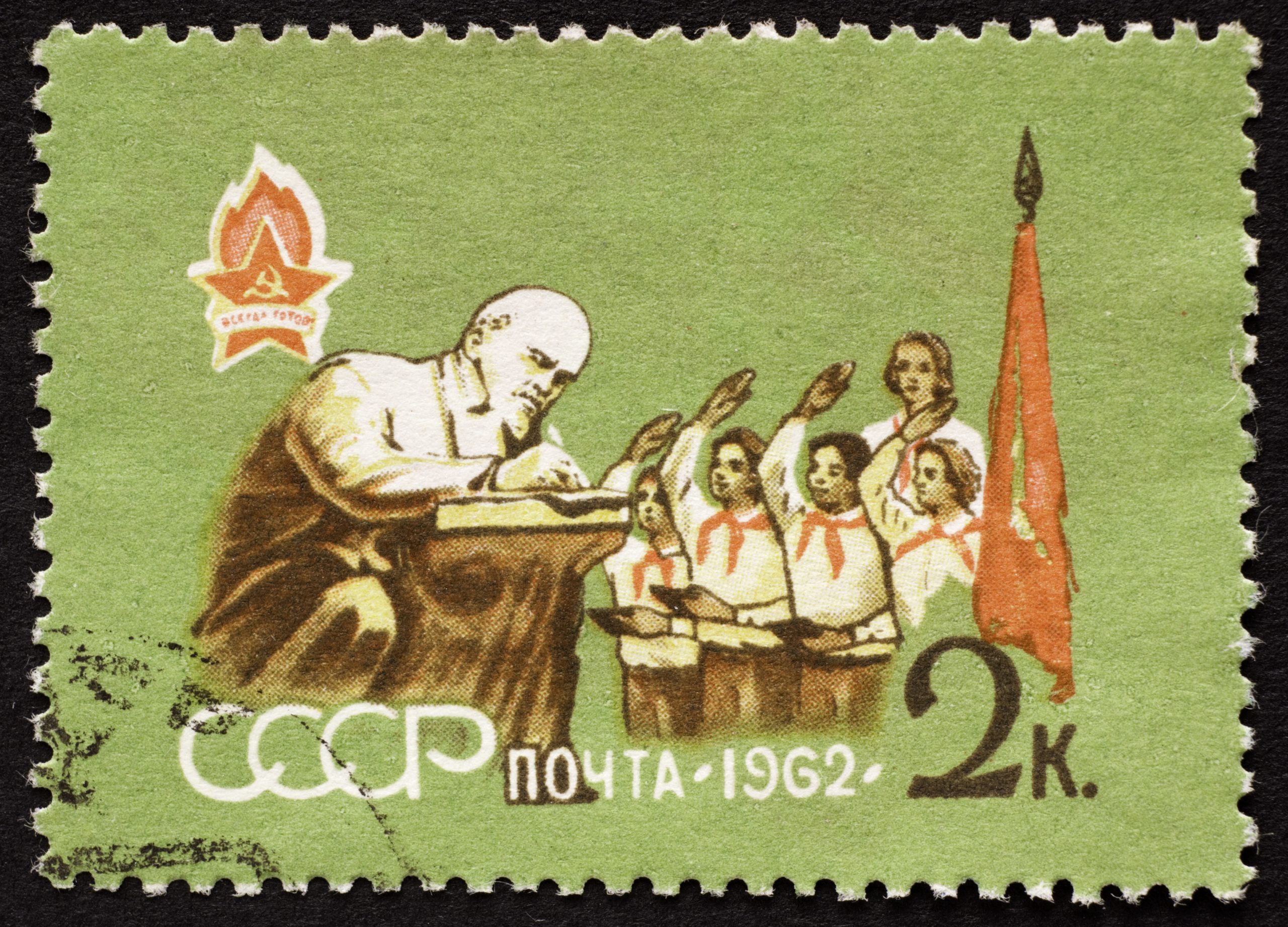Recovering victims of woke abuse have had enough.
Sex, Drugs, and Woke Control

Pandering to students makes them slaves to their passions.
When I read that a school system in Northern Virginia was giving children access to a graphic novel depicting explicit sexual acts between an adolescent and an older man, I wish I had been surprised. As part of my training to become a teacher I had to read a young adult fiction novel replete with sexuality, drug use, and vulgarity. In the public schools, our choice reading list featured several other titles in kind. At the fringe end of this discussion, porn literacy seminars for high schoolers have garnered endorsements from university programs.
Some may call me a scold, a prude, or an old-fashioned schoolmarm. I question in turn the wisdom of letting children anywhere near an adult that is so keen on teaching this content. Some may call it “censorship” when schools are made to remove such literature from their shelves. But then I ask: where do we draw the line? A school crafting a curriculum or setting limits on the content in its library is not tantamount to government-sanctioned censorship. It is the responsibility of loving adults to guide the interests of the children in their care. We used to call this wisdom. Or prudence. Or education.
What we are looking at is the end result of a long, slow ideological degradation as schools and universities have wiped their curriculum of classical content. Philosopher Jonathan Searle chronicled the canon wars of the ’80s in his essay “Storm Over the University.” He notes that many of the critics of the traditional Western canon took umbrage not merely at the preponderance of European male authors but rather at the existence of a canon at all. Any aspiration to excellence or aesthetic beauty built a system of hierarchy, hegemony, and oppression. While the traditionalists and progressives reached a tenuous compromise in the university writ large, the Jacobins won out in the school of education and their ideology is now overflowing onto public schools.
The trend goes back yet further in philosophies of education. John Dewey wrote that no content was worth learning in itself, and Rousseau believed that a child should learn no habits but only follow their natural inclination. These were profound deviations from their classical, Greek predecessors who believed that the role of education was specifically to shape the hearts, minds, and souls of children. An education, according to Plato, ought to teach students to love what is beautiful and, according to Aristotle, adopt virtuous habits of life.
While city governments remove statues of Thomas Jefferson and rioters topple monuments to abolitionists, our public schools and advocates are celebrating the removal of Homer and Mark Twain from their reading lists. Unfortunately, nature hates a vacuum. We cannot wash our education of content; we can only change who selects it and what it is. Without tradition and adult authority, schools are left at the mercy of adolescent inclinations, popular culture, base appetites, and fringe interests.
One popular notion today is that of “culturally relevant pedagogy.” It’s an ever-changing, almost necessarily ambiguous term. Where any concrete definition gets pinned down it usually foregrounds student choice and ownership over curriculum and classroom norms. In line with Rousseau’s principles, culturally relevant instruction would have teachers select content from the interests of their students.
In theory, this approach sounds feasible: student interest facilitates motivation and thereby hard work—or so runs the argument. In practice, however, it often leads to the selection of high-engagement but low-difficulty books. And few things are more engaging or easier to understand, at least at a superficial level, than sexually explicit content. Extravagant forays into smut and ever more niche or perverted erotica are the natural outcome.
Getting a kid’s attention using superficial objects of interest—sexual satisfaction, drug abuse, and pop culture—is as easy as it is empty. It is like encouraging a kid to eat Doritos—a simple task in which kids will be thoroughly engaged but one that few would mistake for a healthy, nutritious diet. So too one would strain to mistake the books in this controversy for a robust, fulfilling education.
Political propaganda, just like pornography, grabs the audience’s attention while asking little by way of analysis. A popular theory of instruction in the universities, critical pedagogy, would see K-12 schools become the mechanisms for social change and action. More often than not, however, it’s simple mediocrity that fills the gaps. According to an expert review, one of the most popular reading curricula in public schools is “unlikely to lead to literacy success for all of America’s public school children.”
When student interest takes precedence over aesthetic beauty, when engagement supersedes learning, when interest dominates beauty, when relevance overtakes greatness, it is only natural that smut, politics, and mediocrity fill the space.
Thankfully, we are not wholly without recourse. There are entire systems of charter schools in the “no excuse” model that place academic excellence and intellectual pursuit at the center of their vision. They guide students through classic works of literature and encourage civic engagement. Even so, there’s a utilitarian aftertaste to their education; all roads lead to college and economic engagement. All academics lead to a test. These systems are preferable to the offerings of teacher prep programs, but there must be more.
There is. Post-COVID America is seeing a quiet underground explosion in the classical education movement. As schools continue to return to in-person learning, there’s a hesitancy to send students back to public schools. Classical charters and classical homeschool co-ops are booming, struggling to meet the demand. Hillsdale and other colleges are working to establish more and more such institutions across the nation.
Unfortunately, demand still far outpaces supply. Many local religious schools are at capacity. Similarly, while sound advice, “homeschool your kids” is not a feasible, universal policy for our nation. The fight begins and ends in public education. And while it’s not a trendy topic, bolstering our curriculum again with great literature, significant historical events, stories of the lives of the great, and other such content is the best means to scrub the filth out from our classroom walls.
The American Mind presents a range of perspectives. Views are writers’ own and do not necessarily represent those of The Claremont Institute.
The American Mind is a publication of the Claremont Institute, a non-profit 501(c)(3) organization, dedicated to restoring the principles of the American Founding to their rightful, preeminent authority in our national life. Interested in supporting our work? Gifts to the Claremont Institute are tax-deductible.
Racial tribalism doesn’t have to be part of the curriculum to dominate education.
Conservatives need to force radical educators into being honest about their perverse aims.
Following Trump’s lead, a grassroots movement has forced the GOP to fight.
Neo-Marxists are Communizing your children.
Kids' lit gets lit.






